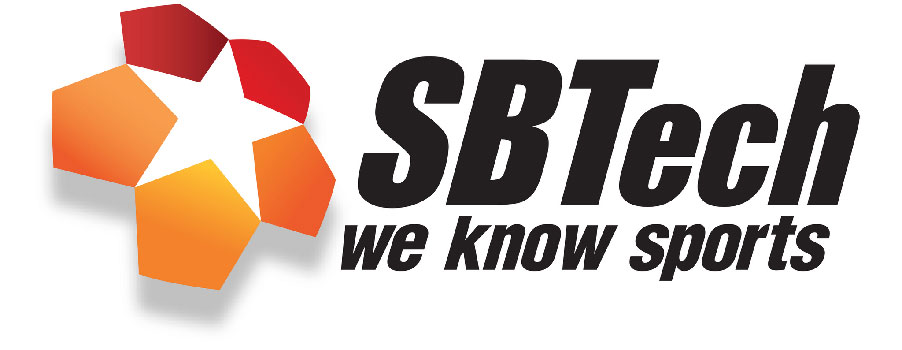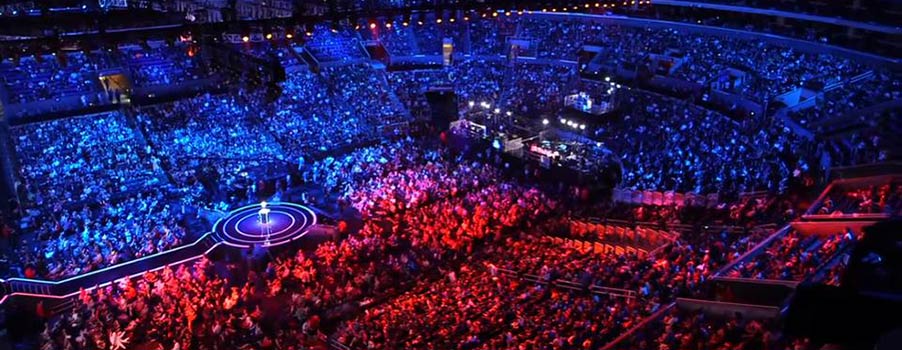CoinPoker, the growing cryptocurrency-based online poker room that was launched in late 2017, has announced that its Stage I Initial Coin Offering (ICO) will be launching on January 19th at 1000 HRS GMT. This stage of the poker room’s ICO will offer 127.5 million CHP tokens for sale at a price of 1 ETH to 4,200 CHP – CHP is the digital currency that CoinPoker uses on its platform. So far, there is a lot of optimism going around especially considering how successful the November 16 to November 22 pre-ICO launch was. CoinPoker sold out a whopping 100 million CHP tokens in six days at a great price of 1 ETH to 6,600 CHP.
As such, the Stage I ICO is attracting a lot of attention and interest from a lot of people with some even submitting whitelist registrations with hopes of hopping on to the early buyers’ list during the January 5 to January 15 open period. This stage of CoinPoker’s ICO will run until January 26 but the time will definitely be extended in case the offering is not fully sold out by then. After that, there are plans for a Stage II ICO where the online poker room will be offering another 137.5 million CHP at a price of 1 ETH to 3,500 CHP. An official date for the Stage II ICO is yet to be announced but once it is completed, CoinPoker will have distributed 375 million CHP tokens which represent 75 percent of its total supply of 500 million CHP token.
As an incentive, CoinPoker will be returning 15 percent of the tokens collected throughout the entire span of the ICO to its community. This will be done through real-money tournaments with one of the closest being scheduled for January 21st and will include a Tesla S worth £71, 000 as the top prize.
Swimming in Success
CoinPoker also launched its real-money games and promotional campaigns shortly after the pre-ICO in November – among them is a freeroll series where the prize will be 5 million CHP tokens. Both the promotions and the real-money games became huge successes with the CoinPoker online poker room already having up to 30,000 unique registrations as well as 20,000 MVP downloads.
The online poker room also now boasts of over 4,000 unique daily players as well as 15,000 CHP token holders. All this is thanks to the experienced CoinPoker staff who have been very diligent about fixing existing bugs and improving the platform’s stability. Community relations have also played a key role in its success as the staff strive to optimize outreach via various social media platforms. Additionally, the site has a very strict security policy that makes it a great place for poker players who are very keen on this aspect. Customers are further allowed to get involved in all this by giving their suggestions and stating their preferences in regards to what the platform should improve on.










